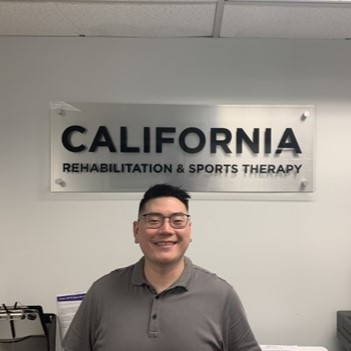Understanding that Most Common Conditions Managed by Physical Specialists to Successful Rehabilitation plus Rehabilitation
Understanding that Most Common Conditions Managed by Physical Specialists to Successful Rehabilitation plus Rehabilitation
Blog Article
Physical therapists have a critical part in aiding patients rehabilitate from multiple issues that impact their mobility and total bodily well-being. These healthcare professionals are trained to assess, determine, and manage a vast variety of orthopedic and nervous system conditions. Several of the common afflictions managed by physical therapists include athletic damages, arthritis, after surgery rehabilitation, stroke rehabilitation, and chronic discomfort. Comprehending these conditions can help people formulate educated determinations about their rehabilitation and treatment process.
Sports traumas are prevalent among athletes of all age groups and skill levels. Such injuries can happen during training or competition and frequently consist of sprains, strains, fractures, or tendonitis. Physiotherapy professionals work with athletes to formulate personalized recovery plans that focus on rehabilitating power, flexibility, and coordination. These professionals additionally inform athletes on injury prevention strategies, such as proper preparation workouts and physical movements, to lower the risk of future traumas. By managing athletic damages effectively, physiotherapy professionals aid sports players revert to their games securely and effectively.
Joint inflammation is another frequent affliction that physical therapists often address. Such a chronic disease leads to swelling in the joints, leading to pain, rigidity, and decreased mobility. Physiotherapy professionals utilize various techniques, such as rehabilitative exercises, hands-on treatment, and modalities like heat or cryotherapy treatment, to reduce symptoms and enhance articular performance. These professionals also give education on lifestyle changes, like weight control and exercise changes, to help patients control their joint inflammation more successfully. Through a tailored method, physical therapists enable people with joint inflammation to sustain an energetic and rewarding life.
Post-surgical rehabilitation is crucial for patients healing from surgeries, including articular replacements or ligament reconstruction. After the operation, people frequently undergo discomfort, inflammation, and decreased mobility. Physiotherapy professionals develop recovery programs that focus on rehabilitating range of movement, power, and function. They lead people through workouts that foster healing and assist them recover self-sufficiency in everyday tasks. Through carefully monitoring progress and changing therapy plans as needed, physiotherapy therapists play a key part in securing a effective recovery following surgery.
Cerebrovascular accident recovery is a challenging journey that commonly needs the expertise of physical professionals. A cerebrovascular accident can result to significant bodily limitations, such as weakness, balance problems, and challenges with movement. Physiotherapy professionals evaluate each individual's specific needs and formulate tailored therapy plans to address these problems. These professionals use activities and tasks designed to enhance power, stability, and movement, assisting individuals retrieve their self-sufficiency. Additionally, physiotherapy therapists give assistance and information to both people and their relatives, fostering a joint approach to recovery.
Long-term pain is a issue that impacts many individuals and can significantly impact their quality of living. Physical therapists utilize a variety of methods to help manage chronic pain, like physical therapy, manual therapy, and education on discomfort management techniques. These professionals collaborate with people physical therapy for recovery after surgery to identify the underlying causes of their discomfort and create a holistic therapy plan that manages both bodily and emotional components. By enabling patients with knowledge and effective coping strategies, physiotherapy therapists aid them retrieve control over their existence and improve their overall well-being.